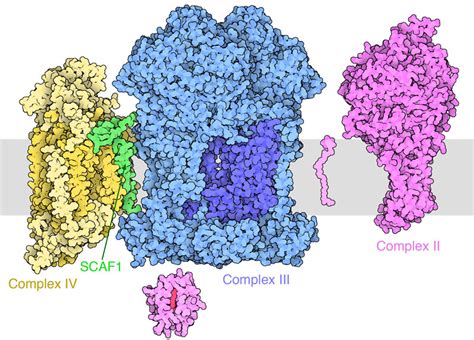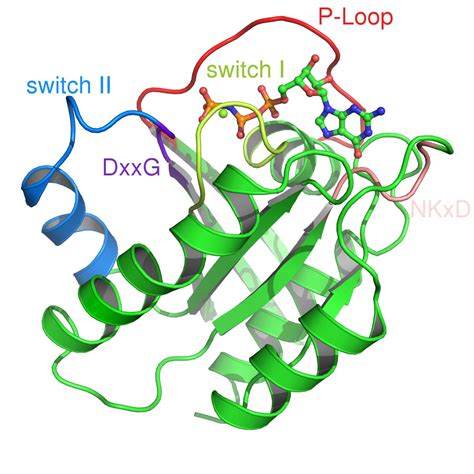Best macro split for sustained energy & mental focus all day?

The Foundation of All-Day Energy and Focus
Feeling sluggish by midday or battling brain fog after lunch is a common experience, often attributed to lifestyle choices, but more fundamentally rooted in nutrition. Your body and brain rely on a steady supply of energy, and the way you balance your macronutrients – carbohydrates, proteins, and fats – plays a crucial role in maintaining sustained energy levels and sharp mental focus from morning till night.
While there isn’t a single ‘magic’ macro split that works for everyone, understanding the role of each macronutrient and how they interact can help you tailor an eating strategy for optimal cognitive and physical performance. The goal is to avoid drastic blood sugar spikes and crashes, provide consistent fuel for brain function, and support overall cellular health.

Understanding the Macronutrient Trio
Each macronutrient contributes uniquely to your energy and focus:
- Carbohydrates: Primarily your body’s preferred and quickest source of energy. However, the type of carb matters significantly. Simple sugars provide a rapid but short-lived energy burst, often followed by a crash, while complex carbohydrates offer a more gradual and sustained release.
- Proteins: Essential for building and repairing tissues, hormones, and enzymes. Proteins are digested slowly, promoting satiety and a steady blood sugar level, which prevents energy dips. They also provide amino acid precursors for neurotransmitters vital for mood and focus.
- Fats: A concentrated source of energy, healthy fats are crucial for hormone production, nutrient absorption, and especially brain health. They slow down the absorption of carbohydrates, contributing to sustained energy and mental clarity.
Crafting Your Optimal Macro Split for Stability
For sustained energy and mental focus, a balanced approach that prioritizes whole, unprocessed foods is key. A commonly recommended starting point for many individuals aiming for this balance is:
- 40-50% Carbohydrates: Focus almost entirely on complex carbohydrates with high fiber content. Think whole grains (oats, quinoa, brown rice), legumes, fruits, and a wide variety of vegetables. These provide a slow and steady release of glucose into the bloodstream, preventing energy spikes and crashes.
- 20-30% Protein: Distribute your protein intake throughout the day to support satiety and provide a continuous supply of amino acids. Lean meats, fish, eggs, dairy, and plant-based proteins like tofu and lentils are excellent choices. This helps stabilize blood sugar and supports neurotransmitter function.
- 20-30% Healthy Fats: Incorporate sources of monounsaturated and polyunsaturated fats, especially omega-3 fatty acids. Avocados, nuts, seeds, olive oil, and fatty fish (salmon, mackerel) are vital for brain health, reducing inflammation, and providing long-lasting energy.

Practical Application for All-Day Performance
Morning Fuel for Mental Ignition
Start your day with a balanced meal rich in complex carbs, protein, and healthy fats. Oatmeal with berries, nuts, and a scoop of protein powder; or eggs with avocado and whole-grain toast are excellent choices. This sets the stage for stable blood sugar and sustained focus.
Lunchtime LIFT, Not Lag
Avoid heavy, carb-dense lunches that can lead to post-meal drowsiness. Opt for a lean protein source (chicken, fish, tofu) with a generous portion of colorful vegetables and a small serving of complex carbs like quinoa or brown rice. Include healthy fats like a drizzle of olive oil or some avocado.

Smart Snacking and Evening Balance
If you need snacks, choose options that combine protein and fat or fiber to prevent blood sugar swings – Greek yogurt with berries, a handful of almonds, or apple slices with nut butter. Your evening meal should also be balanced, supporting recovery without being overly heavy, allowing for restful sleep.

Beyond Macros: Hydration, Micronutrients, and Timing
While macro ratios are crucial, remember that hydration is fundamental for cognitive function. Dehydration can quickly lead to fatigue and reduced focus. Similarly, a diet rich in vitamins and minerals (micronutrients) from whole foods supports all bodily processes, including energy metabolism and brain health.
The timing of your meals can also influence energy and focus. Eating smaller, balanced meals every 3-4 hours can help maintain more stable blood sugar levels than consuming a few large meals.
Individualization and Experimentation
Ultimately, the ‘best’ macro split is highly individual. Factors such as your activity level, age, metabolism, and specific health goals will influence what works best for you. It’s recommended to start with the general guidelines above and then pay attention to how your body responds. Keep a food diary, track your energy levels and mental clarity, and adjust your ratios as needed.
Consulting with a registered dietitian or nutritionist can provide personalized guidance, helping you fine-tune your macro split for your unique needs and goals for sustained energy and unwavering mental focus throughout your day.










